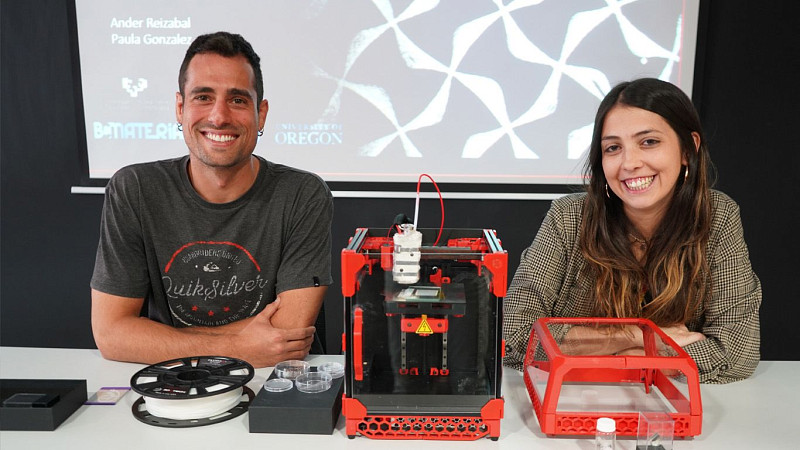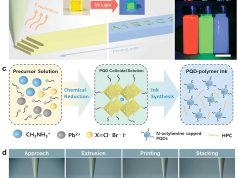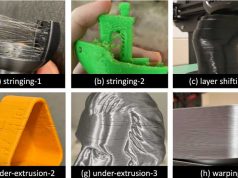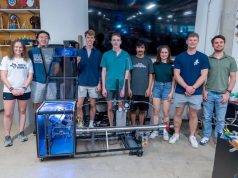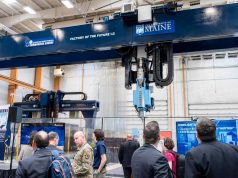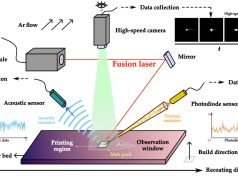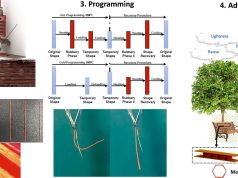Professor Paul Dalton’s team at the University of Oregon has transformed a standard 3D printer into a high-resolution research printer for bioengineering.
MEW, a special type of additive manufacturing, allows the creation of high-resolution fibrous and porous structures using electrically charged molten polymers. The high price of commercial MEW 3D printers has so far held back research. The new work shows how a standard 3D printer can be transformed into a low-cost, bioengineered research printer.
“Advanced manufacturing technologies should be available to all researchers,” Dalton said. “The project demonstrates how intellectual freedom drives innovation. How open-source hardware drives down costs and increases accessibility. We have a powerful tool for biomedical research and the fun is just beginning.”
The project was funded in large part by Dalton’s start-up grant from the Phil and Penny Knight Campus to Accelerate Scientific Impact. His team of Knight Campus researchers includes research engineer Simon Luposchainsky, postdoctoral fellows Paula González Saiz and Ander Reizabal López-Para, and visiting scientists Sönke Menke and Taavet Kangur.
The presented modification of an open-source 3D printer makes it possible to produce finer and more complex scaffolds. The innovative device, which they call “MEWron,” is being hailed as a springboard for future biomedical innovation.
“We are kickstarting a global network of collaboration in the field of fiber 3D printing,” Luposchainsky said. “With this hardware, testing new approaches of 3D printing polymers at a micron-scale has never been easier.”
“Professor Dalton’s pioneering work in microscale 3D printing and his determination to translate scientific discoveries into widely available technologies is helping to pave the way toward future biomedical innovations,” said Robert Guldberg, vice president and Robert and Leona DeArmond Executive Director of the Knight Campus. “By making advanced manufacturing technologies accessible to all researchers, the Knight Campus is becoming a leader in biofabrication while enhancing research innovation conducted at the bench here in Oregon.”
The project also included an extensive education and training program, on which EPFL robotics student Taavet Kangur and University of Würzburg biofabrication student Sönke Menke worked as part of their master’s theses. Postdocs Paula González Saiz and Ander Reizabal López-Para from BCMaterials have become familiar with the new 3D printing technology in both assembly and operation of 3D printers and are now bringing their know-how back to their research institute.
Subscribe to our Newsletter
3DPresso is a weekly newsletter that links to the most exciting global stories from the 3D printing and additive manufacturing industry.



